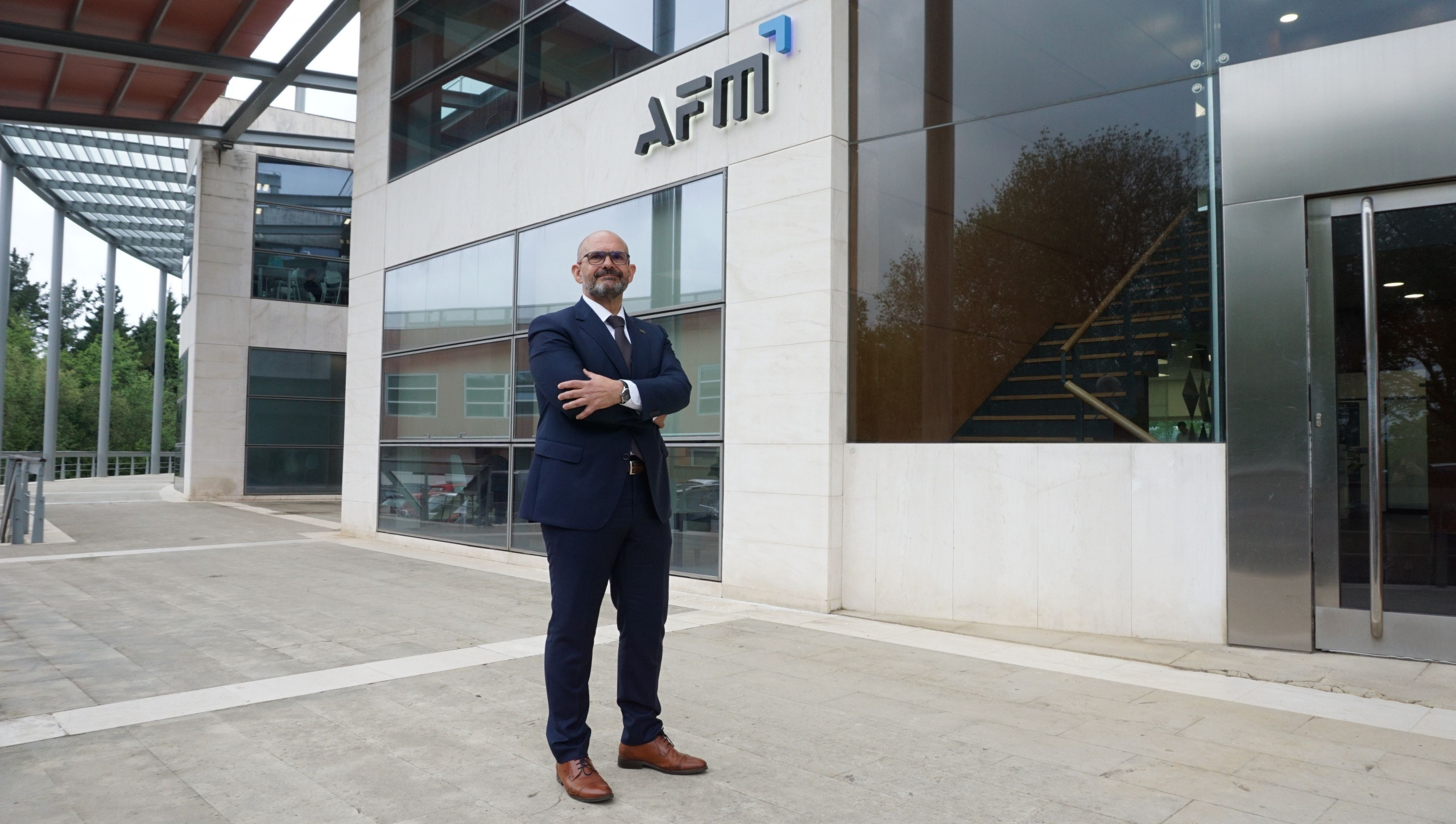
In 2024, turnover in the Spanish tool industry rose by 1.66%, which represents a new record, while orders fell by 23.11%. Europe must stand together and invest, the association representatives demand.
Turnover and exports (preliminary data)
The machine tool sector in Spain reached almost 2.2 billion euros in turnover in 2024, which is 1.66% more than in 2023 and represents a new record. Despite a very difficult economic outlook, the order backlog accumulated in 2022 and 2023 enabled turnover to remain slightly above the 2023 level.
The two most important sub-sectors, machining and metal forming, developed similarly in terms of turnover, with an increase of 1.33% in machining and 1.62% in metal forming. Exports rose by 1.73% and reached a record high of EUR 1,639.73 million. Here, machining showed a positive development with an increase of 1.41 percent, while forming fell by 5.16 percent.
The most important target countries for Spain’s export sales were: Mexico, the USA, China, Germany and Italy, followed by France, Portugal, Turkey, India and the UK. Remarkably, Mexico topped the export rankings for the first time, doubling its 2023 figure. The USA also recorded a very high figure, eight percent higher than in 2023. China recorded an increase of 25 percent compared to 2023, although these exports cannot hide the slump in orders from this country.
Germany, in fourth place, has kept its figure virtually unchanged (+1 percent) and Italy, in fifth place, has recorded the sharpest decline, losing more than half of its 2023 value. However, Italy has been booming for years thanks to government incentives for investment in production. This ranking clearly shows that North America, Mexico and the USA have been able to compensate for the weakness of Europe and Asia for various reasons.
Orders 2024 and forecast 2025
Incoming orders in 2024 fell by 23.11% compared to 2023, after benefiting from two years of strong growth. On the domestic market, the decline amounted to 45%, while exports fell by 20%. An analysis of the two most important sub-sectors shows that metal cutting held up slightly better, even though there was a decline of 8.8%, while metal forming suffered a sharp decline of 40.8%.
In terms of orders, the USA is in first place, followed by Saudi Arabia with a very high value, which is due to a one-off process, and then Germany, Mexico and Italy. The top ten is completed by China, Turkey, Canada, France and the UK.
Xabier Ortueta, CEO of AFM: “The order dynamics of the last twelve months have led to a decline in the portfolio, and this means that we also expect a significant drop in sales at the end of the year. The standstill in automotive investments (closely linked to our metal forming subdivision) is worrying, as is the situation in our main markets, which means that a further decline in incoming orders is also expected in 2025. The weakness of Europe (especially Germany, France and Italy), protectionism in China and uncertainty in the US are factors that a sector as susceptible to crises as ours has to fight resolutely against. On a positive note, the good performance of some sectors such as aerospace, rail, defense and some branches of energy production continue to offer opportunities in a very complex and competitive scenario.”
Defense of European industry
Representatives of the industrial manufacturing and machine tool sector are warning of the crossroads we Europeans are at and the need for a change of direction.
José Pérez Berdud, President of the AFM Cluster: “There is no doubt that we are in a critical phase for the future of manufacturing in Europe. The weakness of the European industry, which is largely due to our own decisions, is very worrying. Many years ago, we chose to pass the baton in various sectors by relocating their production or outsourcing resources, thus strengthening the recipient countries (electronics, microelectronics and semiconductors, energy storage, defense and so on).”
And he continues: “In addition, the necessary commitment to sustainability has led us to make some decisions that have proven to be hasty, without properly assessing the consequences. Over the last six to eight years, we have also lost some of our leading position in the automotive industry. Today we see that the other blocs, China, the USA and even India, have considerably strengthened their positions in the face of our weakness. The growing and fierce competition in all markets will develop the usual dynamics and we must continue to invest and take risks in order to innovate and offer our customers a difference.”
José Pérez Berdud continues: “Europe must ask itself whether it really has an interest in being a world leader. Or is it perhaps time to at least take the necessary steps so that we can take our future back into our own hands? A big part of these decisions is to protect our industry from the tsunami that others are unleashing in order to survive. While upholding our values, which are always fair trade, true competitiveness and sustainability, we must invest in modern production facilities, encourage smart purchasing of our excellent products and promote robust industrial positions in critical sectors. Some have already been mentioned and the machine tool sector is undoubtedly one of them. In this sense, we consider the first step taken by the Basque Government with the Industrial Defense Action Group to be very positive and we call for initiatives like this to be extended at national and European level.”
Web:
www.afmcluster.com


